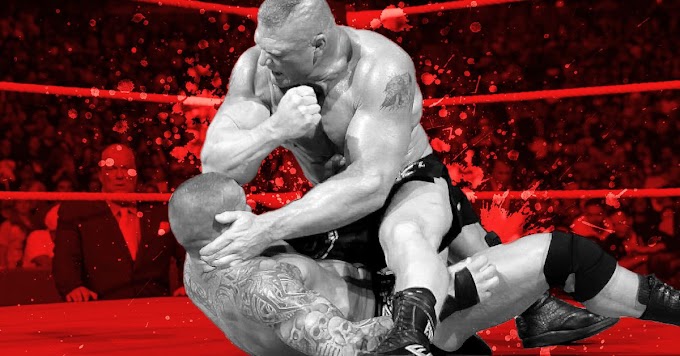Shab e Barat, also known as Laylatul Baraat or Night of Records, is a significant occasion for Muslims worldwide. It falls on the night between the 14th and 15th day of the Islamic month of Sha'ban, the eighth month of the Islamic calendar. This night holds religious and cultural significance for Muslims who believe that it is a night of forgiveness, mercy, and salvation.
The word "Shab e Barat" in Arabic means "the night of emancipation," while "Laylatul Baraat" means "the night of freedom." This night is believed to be a time when Allah (God) forgives the sins of those who seek His forgiveness and mercy. Muslims all over the world observe this night with prayer and acts of charity, believing that their good deeds and prayers will be rewarded by Allah.
Muslims celebrate Shab e Barat differently in various parts of the world. Some Muslims spend the night in prayer and recitation of the Quran, while others distribute food and sweets to the poor, offer prayers at the graves of their loved ones, or light up their homes with candles or electric lights.
The significance of Shab e Barat can be traced back to the Quran and the Hadith, which are the sayings and actions of the Prophet Muhammad (peace be upon him). In the Quran, Allah says, "We have indeed revealed this (message) in the Night of Power. And what will explain to you what the Night of Power is? The Night of Power is better than a thousand months." (Surah Al-Qadr, 97:1-3). Muslims believe that the Night of Power refers to one of the odd nights of the last ten days of Ramadan, but some scholars also believe that it may refer to Shab e Barat.
The Hadith narrates that the Prophet Muhammad (peace be upon him) said, "Allah descends to the lowest heaven on the night of the fifteenth of Sha'ban and forgives more people than the number of hairs on the sheep of the tribe of Kalb." (Sunan Ibn Majah). This Hadith indicates that Allah's mercy is abundant on this night, and forgiveness is granted to those who seek it with a sincere heart.
Muslims also believe that the fate and destiny of individuals for the coming year is recorded by Allah on this night. Therefore, they observe Shab e Barat as a night of introspection and reflection on their past deeds and seek forgiveness for their mistakes.
In some parts of the world, such as South Asia and the Middle East, Shab e Barat is a significant cultural event. People decorate their homes with colorful banners and flowers, light up their streets and mosques, and offer special foods to their neighbors and guests.
Despite the varying ways in which Shab e Barat is celebrated, its underlying message remains the same: seeking forgiveness, mercy, and salvation. Muslims around the world observe this night with hope and faith in Allah's mercy, believing that their sincere prayers and good deeds will be rewarded.
In conclusion, Shab e Barat is a night of great significance for Muslims worldwide. It is a time when Muslims seek forgiveness for their past mistakes, reflect on their deeds, and pray for a better future. Through prayer and acts of charity, Muslims express their faith in Allah's mercy and seek His forgiveness and salvation. The celebration of Shab e Barat reminds Muslims of their religious and cultural heritage and reinforces the importance of seeking forgiveness and living a virtuous life.













